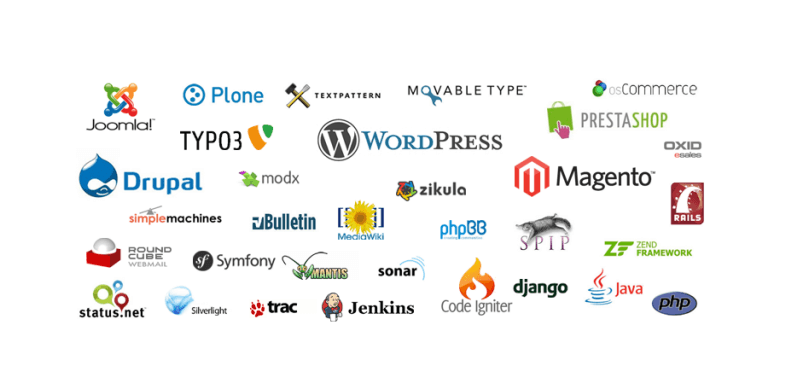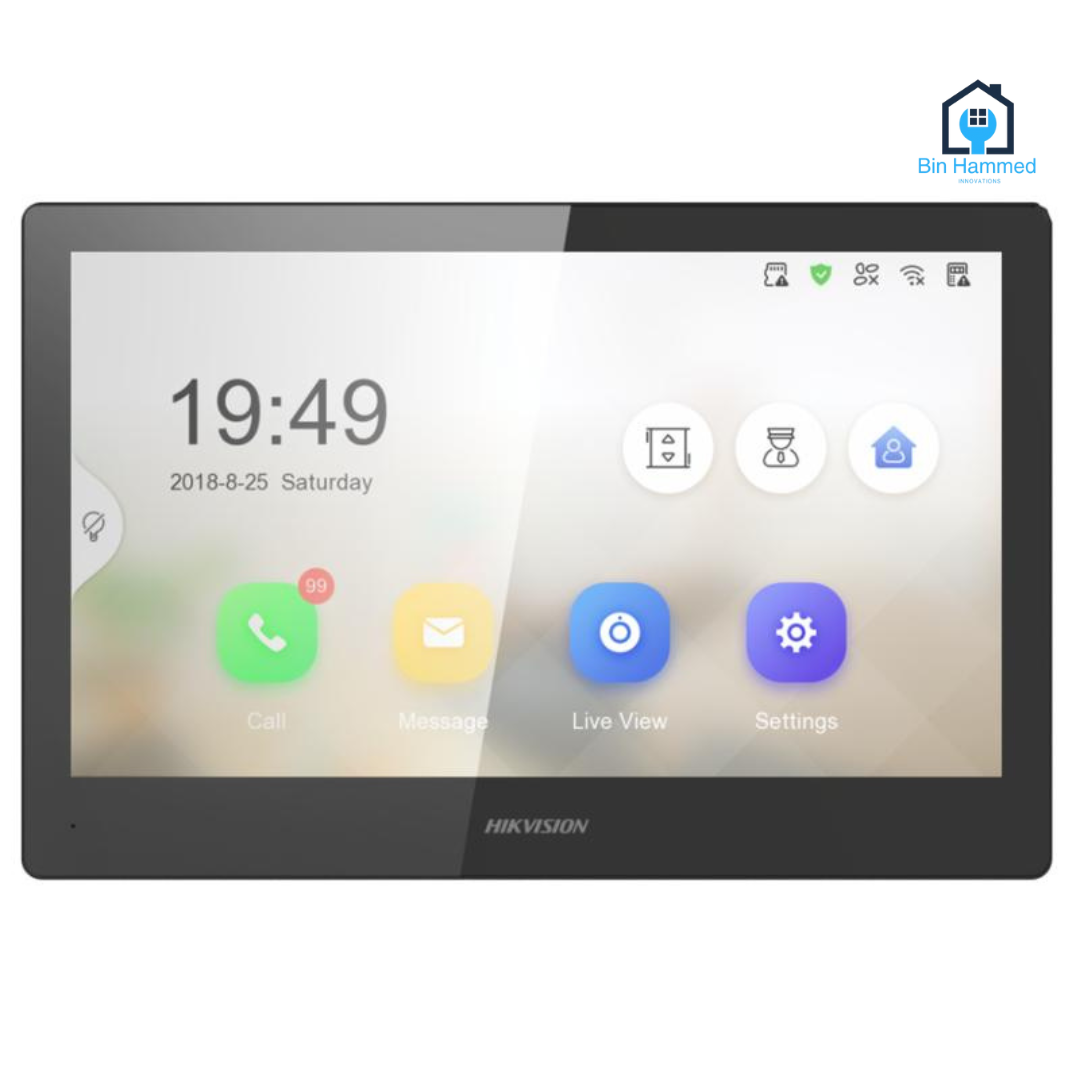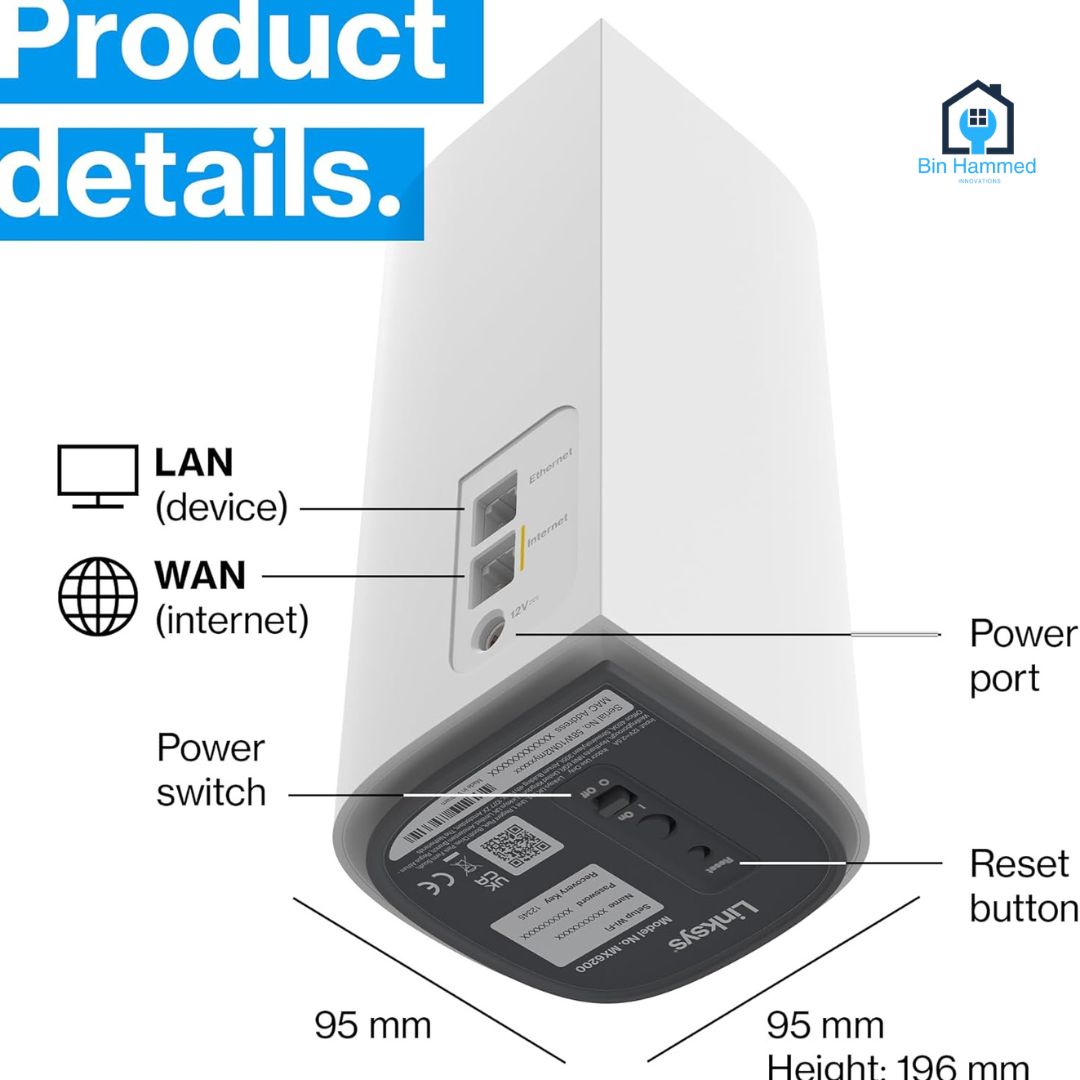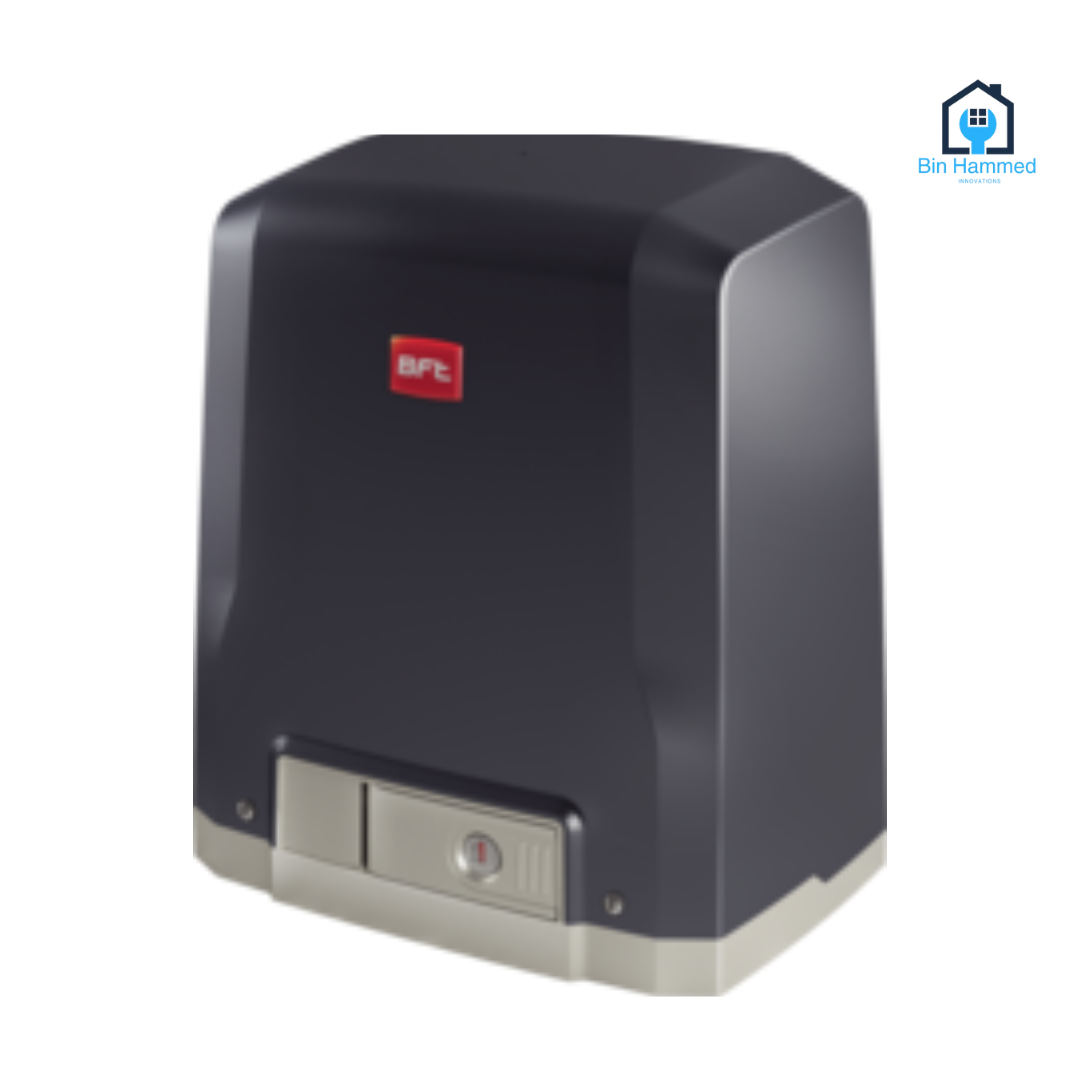Blog Details

Top 5 Website Builders for Small Businesses: Elementor, Squarespace, and More
Creating a professional website is essential for any small business looking to establish its online presence. Thanks to modern website builders, crafting a stunning, functional website is now easier than ever—no coding skills required. In this blog, we’ll compare Elementor for WordPress with other popular platforms like Squarespace, Wix, Shopify, and Weebly, helping you choose the best tool for your business needs.
1. Elementor: The Powerhouse for WordPress Users
- Pros: Elementor offers a vast library of customizable templates designed for various industries, giving users advanced control to modify fonts, colors, layouts, and animations. Its seamless integration with WordPress unlocks powerful plugins, SEO tools, and e-commerce features like WooCommerce, making it a cost-effective solution with a free version and a Pro upgrade for advanced functionality.
- Cons: While Elementor is user-friendly, it can feel overwhelming for beginners unfamiliar with WordPress. Additionally, hosting must be arranged separately as it operates within the WordPress framework.
2. Squarespace: All-in-One Simplicity
- Pros: With stunning, mobile-responsive templates, this platform is ideal for creative industries like photography and fashion. Its intuitive drag-and-drop interface makes website building effortless, and it comes with built-in features like blogging, SEO tools, and e-commerce capabilities without relying on third-party plugins.
- Cons: Although beginner-friendly, advanced users might find the customization options limited. Additionally, its pricing is higher compared to DIY WordPress solutions like Elementor.
3. Wix: A Flexible Drag-and-Drop Builder
- Pros: The platform is highly user-friendly, featuring a simple drag-and-drop builder that caters to all skill levels. It offers hundreds of versatile templates for various industries, along with AI-powered design assistance. Its app marketplace further enhances functionality with tools for SEO, marketing, and more.
- Cons: It lacks scalability, making it less suitable for large websites or advanced customization needs. Additionally, websites built on this platform may experience slower loading times compared to WordPress-powered alternatives.
4. Shopify: Best for E-Commerce
- Pros: This platform is e-commerce-focused, offering robust tools for inventory management, payment gateways, and analytics. Its intuitive interface is designed specifically for creating online stores, and it scales seamlessly as businesses grow, with features like multi-channel selling and integrations.
- Cons: The monthly costs are higher compared to general website builders, with additional fees for premium apps. Furthermore, while the templates are visually appealing, they offer less design flexibility compared to options like Elementor or Squarespace.
5. Weebly: Simple and Affordable
- Pros: This platform is cost-effective, offering affordable plans with decent features for basic websites. Its drag-and-drop builder is beginner-friendly, and it includes e-commerce tools suitable for small online stores, though not as comprehensive as Shopify.
- Cons: It provides limited features for advanced users compared to platforms like Wix or Elementor. Additionally, its templates are functional but lack the polish and design sophistication of Squarespace or WordPress-based options.
How to Make the Most of These Website Builders
- Understand Your Needs: If you want flexibility and scalability, Elementor is ideal.For ease of use and built-in hosting, Squarespace or Wix might be better options. If you’re running an online store, Shopify is the way to go.
- Optimize for SEO: Ensure your website builder offers robust SEO tools. Elementor, Wix, and Squarespace provide features for customizing metadata, adding alt text, and creating search-friendly URLs.
- Focus on User Experience (UX): Use mobile-responsive templates to ensure your site looks great on any device.Test your site’s speed and navigation to avoid frustrating visitors.
- Invest in Professional Assistance: f DIY feels daunting, professional installation and customization services—like those offered in Dubai—can help you make the most of your chosen platform.
Conclusion
- Choosing the right website builder depends on your business needs, technical skills, and budget. For those in Dubai, whether you need the customization of Elementor, the simplicity of Squarespace, or the e-commerce power of Shopify, there’s a platform that’s perfect for you. With the right tools and setup, your website can become a powerful asset for growing your small business.:
Contact Us:
📧 Insta: @binhammed_innovations
📞 Phone: +971569714334
📲 WhatsApp: Message






